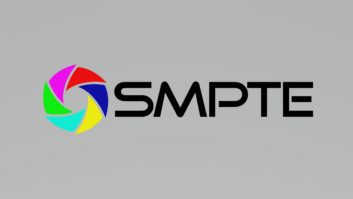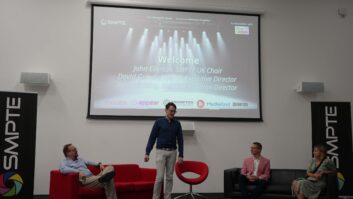SMPTE and the Open Services Alliance (OSA) has announced major progress toward the creation of the industry’s first two media microservices standards. SMPTE said the two organisations have been working collaboration to publish a new public Committee Draft (public CD) (SMPTE ST 2125) that documents a standardised IMF Registration API and a second public CD (SMPTE ST 2126) that standardizss status reporting and logging for media microservices.
The organisation said that both SMPTE ST 2125 and SMPTE ST 2126 are available for download free of charge to “implementers who would like to build initial implementations. And as public CD document types, they are available for public review and feedback”.
“Work began on this API within the OSA about six months ago. A focused project group agreed on an approach and quickly produced a document to SMPTE, who then continued the rapid pace of getting a draft into the hands of implementers,” said Chris Lennon, OSA founder and executive director and CEO of MediAnswers.
“Utilising SMPTE’s new public Committee Draft (CD) process, the contribution from the OSA underwent a thorough but accelerated review by SMPTE’s Media Microservices Drafting Group, reporting to the 34CS Technology Committee, which is focused on media systems, control, and services. We expect this to be the first of many opportunities for collaboration.”
Bruce Devlin, SMPTE standards vice president and Mr MXF founder, added, “The balance of rigor and speed of the public CD process to push solutions out to implementers is invigorating. I understand this to be the core reason the OSA identified SMPTE and our public CD process for bringing uniformity and interoperability to service-oriented software architecture. Our software-minded colleagues tell me that the public CD process fits well with the agile, iterative way they’re accustomed to working.”







